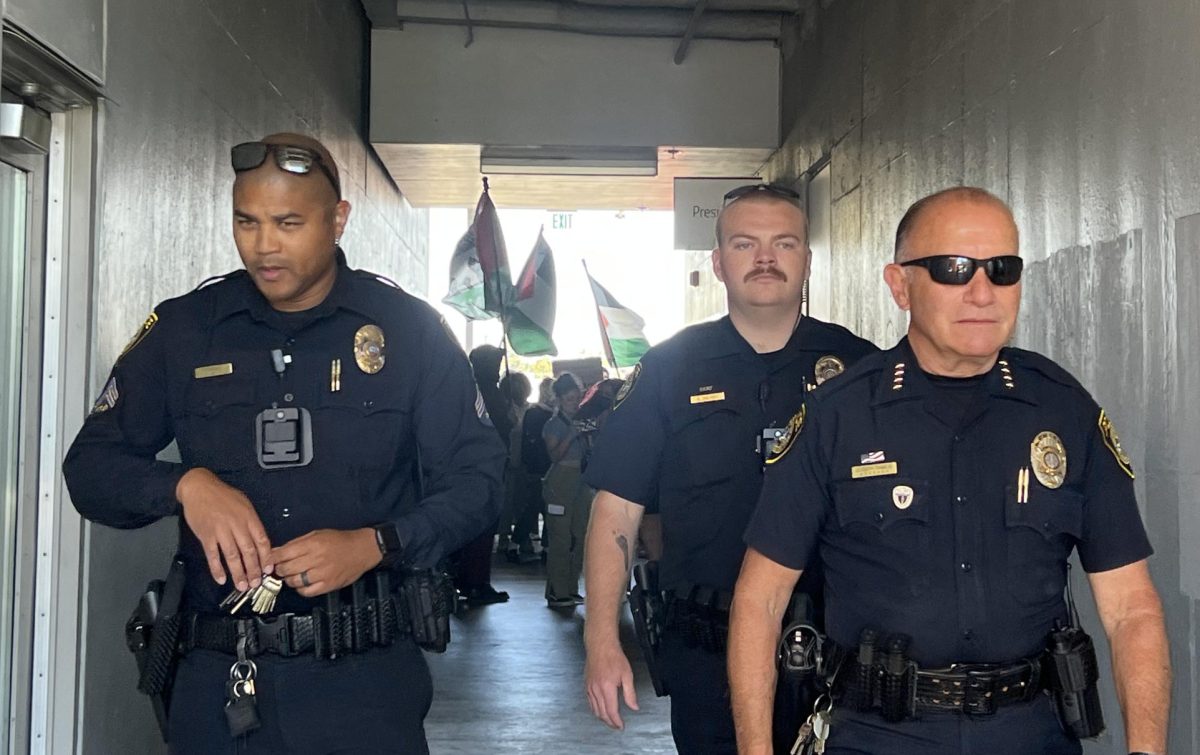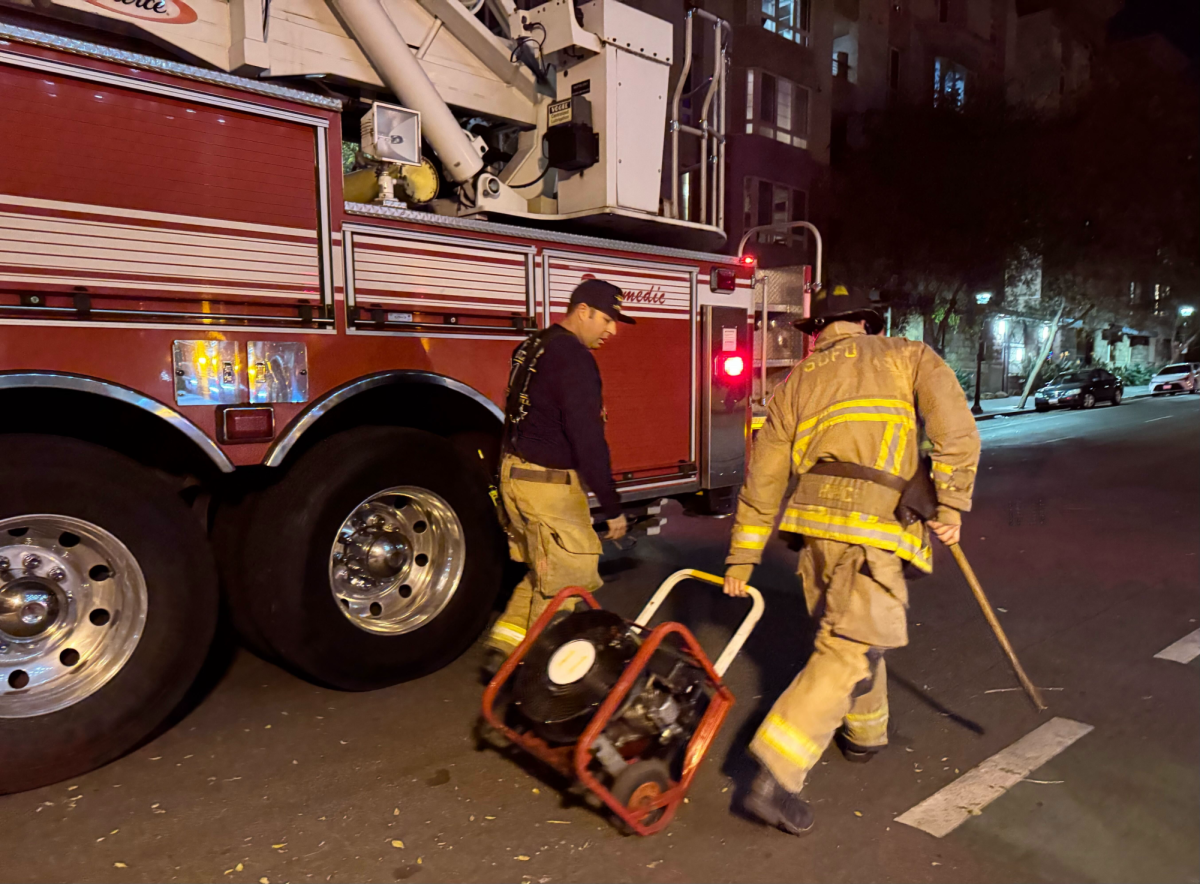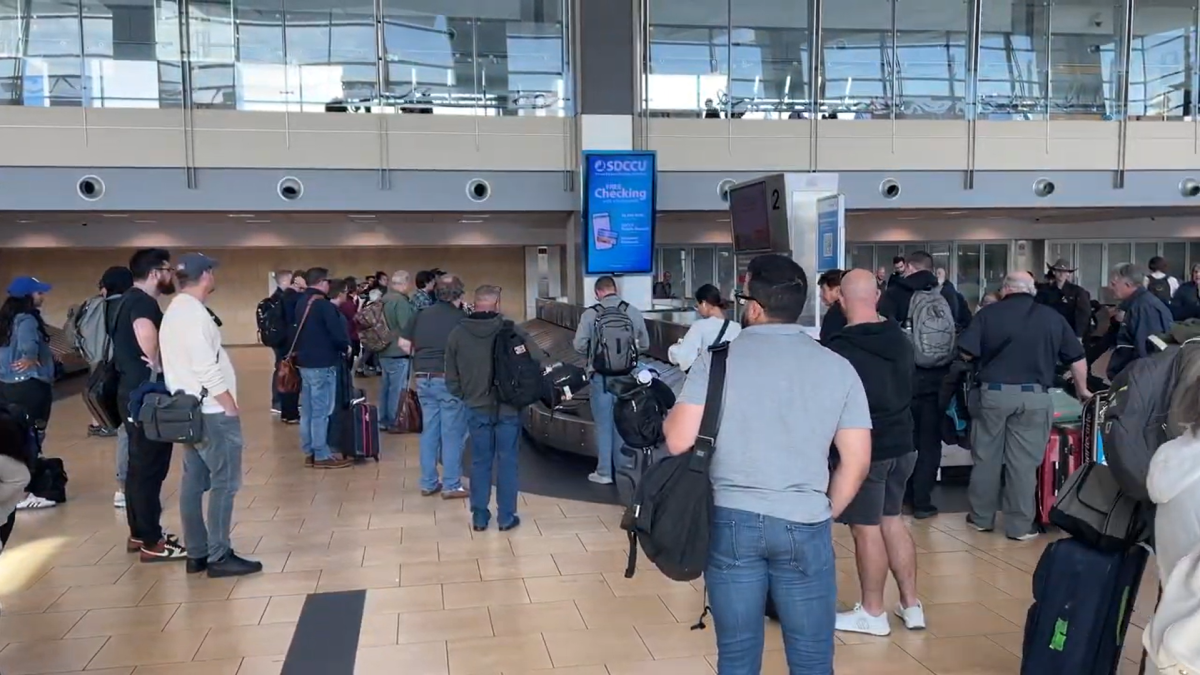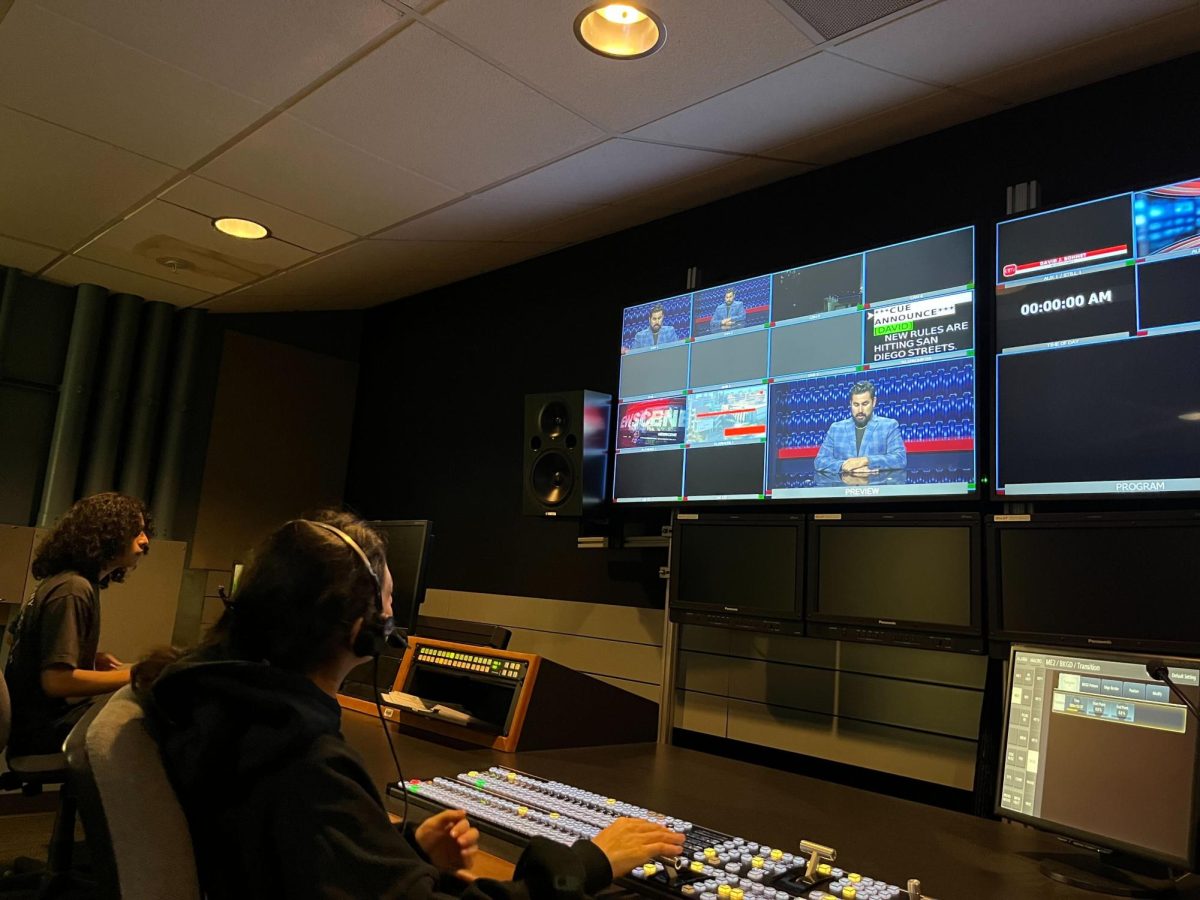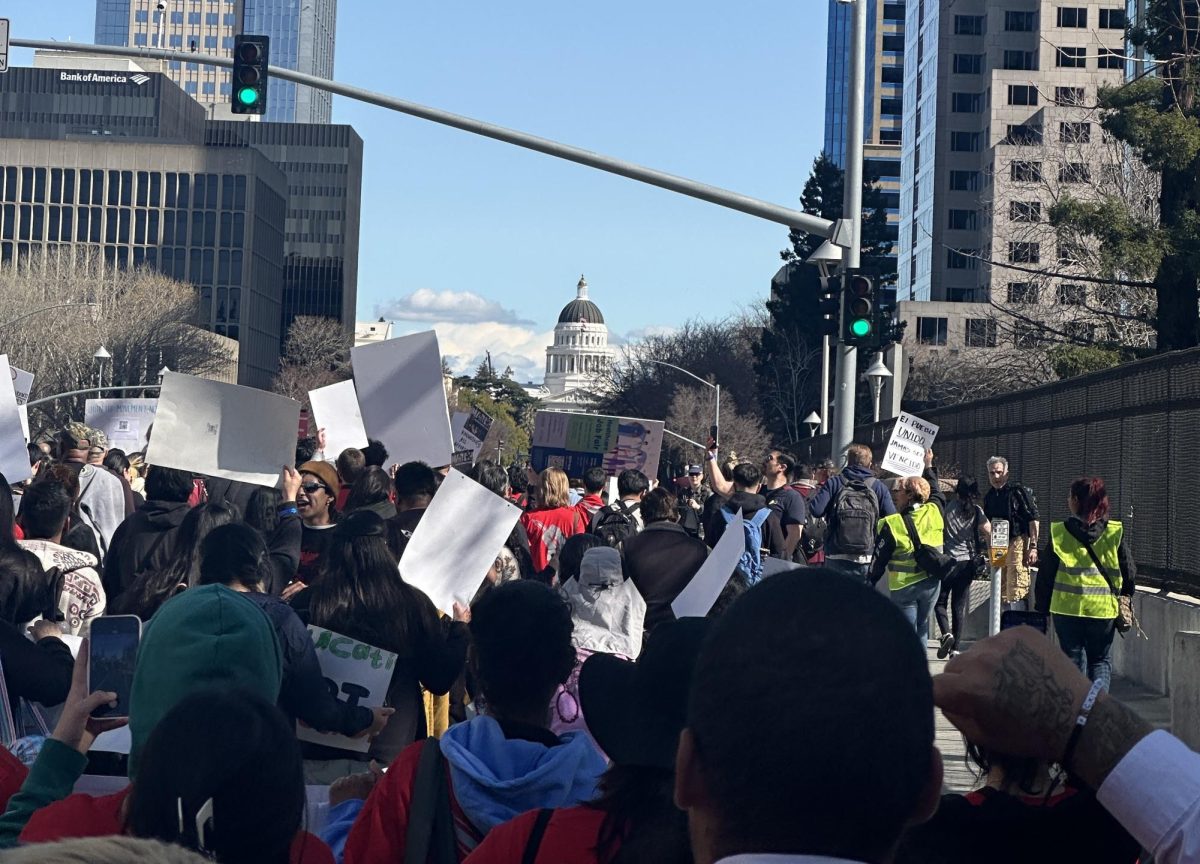The California Mental Health Services Act was one of two important grants awarded to San Diego City College Mental Health Counseling program on Oct.18. CAL MHSA will emphasize focus on the issues of suicide prevention, awareness, and in reducing associated stigmas that are attached to it.
The CAL MHSA grant is intended to be a main tool in educating students by reaching out and informing them of mental health issues. Students can attend peer to peer workshops and talk to student leaders about stress and how to deal with it, and workshops that will involve students in starting clubs on campus relating to mental health.
“Everybody needs help at some points in their lives. 80 percent of the people who (have) committed suicide never seek help,” said MHC program coordinator Julie Little. Little hopes that program will allow for students to have a place that, “will give them hope, open them up, and get the word out.”
The second grant was awarded to City’s MHC program by the Wounded Warrior Project, a non-profit organization that helps empower and honor injured veterans.
By hiring a part-time therapist, contracting a psychiatrist, and developing a peer-educator-mentor program, the WWP grant is meant to enhance the outreach to former military members. The idea is to be proactive in helping veterans get access to the mental health services they need, rather than waiting for them to show up at the center themselves.
The peer-educator-mentor program will be important in helping to reduce stigmas and spreading awareness about mental health issues. This includes hosting resource fairs and workshops in an effort to better serve returning veterans and create a “trauma informed campus.” It will also provide free individual, couple, and family therapy to all students who are registered in at least one class at City College for the semester.
In the near future, the program information will be presented in five minute classroom presentations about both services.
“If you go skiing, the likelihood of you breaking your leg increases. So of course we should expect that our service men and women are going to have some kind of emotional stress following their service, especially those who served in combat,” says Abigail Burd, adjunct counselor of mental health at City.
“(Stress) is a normal human reaction, but it gets better in connecting with a positive human who has been it through the similar experiences, like the peer mentors who can really help,” said Burd.
To take advantage of these free programs visit the Mental Health Office on City Campus in Room 221. Fall 2012 Hours are: Mon, Wed, Thurs 8 a.m.-4 p.m. Tue 10 a.m -6 p.m. (after 4 p.m. by appointment only) Fri 8 a.m.-12 p.m.

